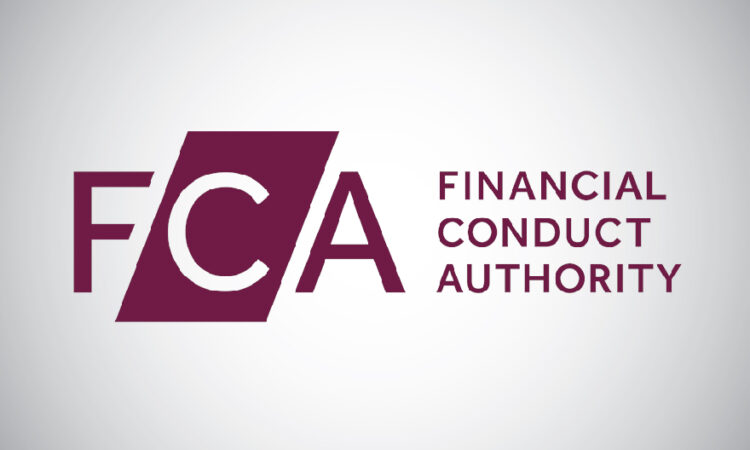
The UK’s financial regulatory authority has announced plans to examine if small enterprises are encountering undue obstacles to expansion due to increasing banks requiring personal loan guarantees.
The Financial Conduct Authority (FCA) revealed on Tuesday that the Federation of Small Businesses (FSB), acting as a consumer advocacy group, has raised concerns about the negative impact on small businesses caused by lenders’ heightened demands for personal guarantees, potentially deterring them from seeking financial support.
Although the FCA’s mandate does not extend to lending practices for limited companies, it has committed to facilitating the growth of small businesses by identifying and eliminating any unnecessary barriers. The specific steps to be taken were not elaborated upon.
Highlighting the significant role of small and medium-sized enterprises in the UK economy, the FSB has reported that these businesses are responsible for 60% of employment and about half of the revenue within the private sector as of 2023.
Don’t miss out the latest news, subscribe to LeapRate’s newsletter
Particularly, small firms, defined as those with less than 50 workers, had employed 13.1 million individuals last year, generating a total revenue of 1.6 trillion pounds ($2.03 trillion).
To assess the prevalence of personal guarantees, the FCA plans to gather data from April to June 2024, focusing on loans below 25,000 pounds ($31,713) provided to sole traders and small partnerships.
This investigation will include monitoring complaints and reviewing the circumstances under which such guarantees are mandated. Furthermore, based on their findings, the FCA will evaluate the need for consultation and the issuance of guidance.
In instances where issues identified are beyond its regulatory scope, the FCA intends to disclose these findings publicly. This transparency prompts governmental consideration of whether small businesses, deemed crucial to the UK’s economic fabric, require additional protections.





